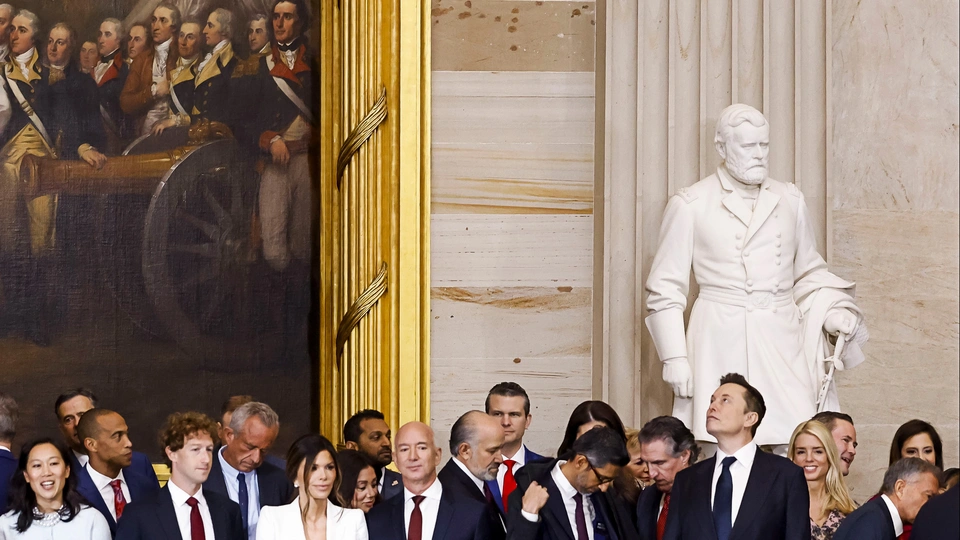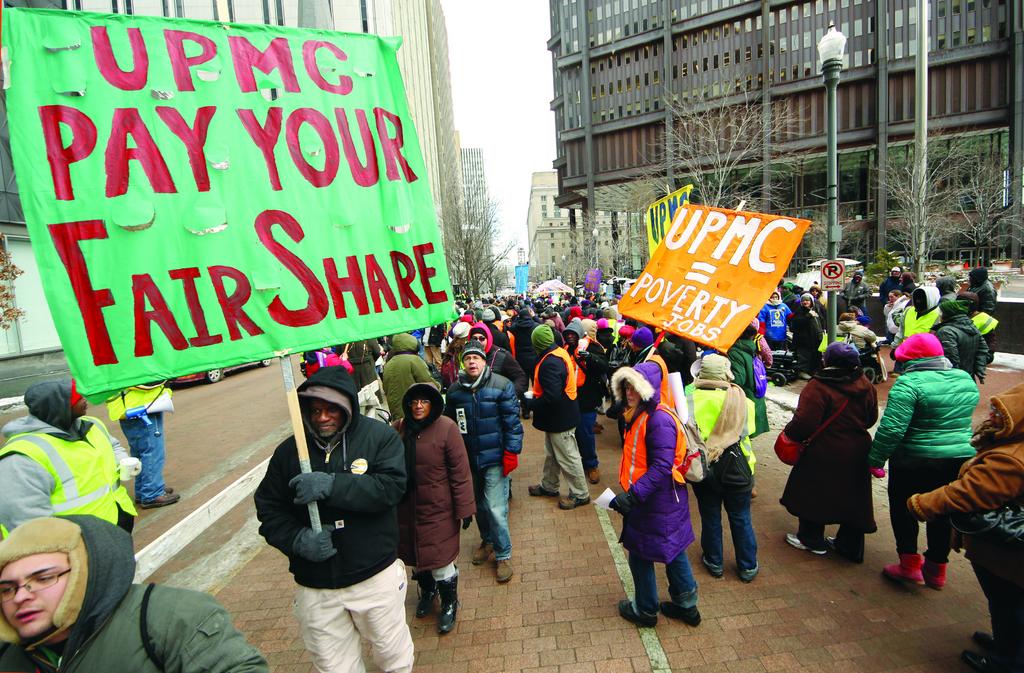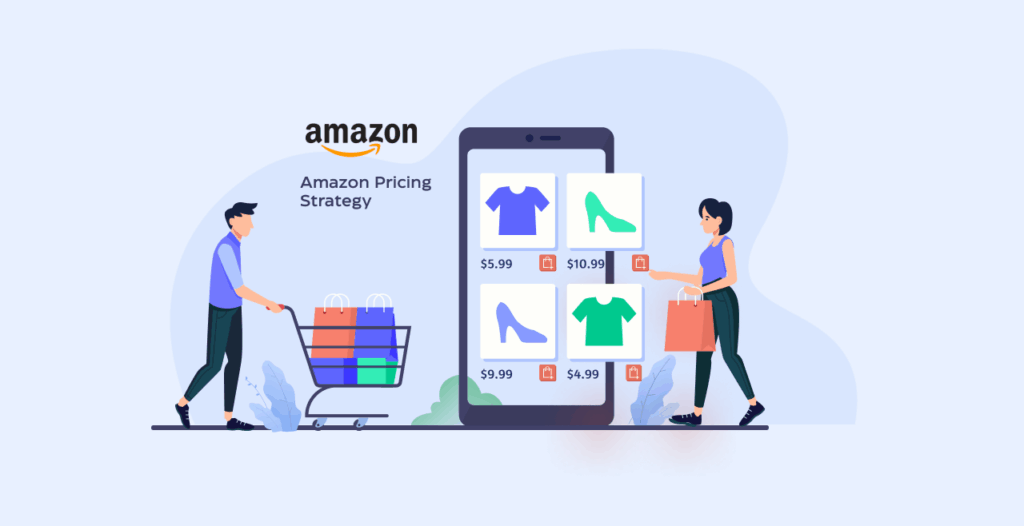Image: A weakening of competition or competition at work?
You don’t have to be an economist to recognize that we are living through an era of diminished competition. You simply must open your eyes and ears. And wallet. Whether paying for airline tickets, groceries, health insurance, concert tickets, ski passes, or video streaming services, consumers have experienced a consistent rise in prices, making things... Read More










